There are many ways of getting from A to Z and many of them don’t require a 4.0 GPA and elite school tracks. Dyslexics as a group may have trouble following the traditional route to their dream career because many of their academic strengths are late-blooming.
Dyslexia and Music
"I'm dyslexic, so the notes just jump out at me. It's the same with words too. That's why the Key Editor in Cubase is the best thing for me as I see things in shapes and colors." — Grammy Award-winning composer producer Lorne Balfe Here in the United States, it's...
Krista Weltner’s New Children’s Books: Everyday Adventure with Molly and Dyslexia
Krista's 3-book series, Everyday Adventures with Molly and Dyslexia is now available in bookstores and online shops! These books are a wonderful way to talk to young children about dyslexia, the importance of self-advocacy, self-acceptance, and discovery of dyslexic...
The Gift of Seeing People and Events from Multiple Perspectives [Premium]
There is a talent cluster that we’ve seen among dyslexics in diverse backgrounds, and it’s a gift of being able to see people and events from multiple perspectives. Within the MIND strengths framework, this could be in I for Interconnected Thinking, N for Narrative Thinking, or D for Dynamic Thinking. It is a gift to be able to visualize or or imagine a simulation of how people and events can be seen from different perspectives, and it allows empathy for people and situations that others might miss, or a connection of events that others see separately, and predictions that provide positive opportunities for bettering one’s situation or the world, or staving off problems. You might notice children who seem unusually empathetic or observant about the […]
Sony Santa Monica Game Designer Stephen Oyarijvbie
"Don't get frustrated with yourself. There are things that you're going to struggle with. Lean into the things that you do well, those strengths...and don't dwell on how people treat you. You're smart and probably smarter than a lot of other people. The world...
A Whodunit Mystery by Anthropologist Roxanne Varzi
UC Irvine Professor Roxanne Varzi is a creative anthropologist, filmmaker, and mystery author. She shared her dyslexia journey in a previous interview HERE. In my interview below, I learned that Roxanne was drawn to the field of cultural anthropology by its...
Getting Your Students Started in Creative Writing
With all the work of school and physical challenges getting information down on paper, many students with dyslexia don't get a chance to write creatively - but the Karina Eide Young Writers Awards might get some students off the sidelines. The deadline for the...
Dyslexic Toymakers and Gamemakers
Many dyslexic kids and adults are great at games - all sorts of games. Not surprisingly, some decide to make games themselves and then some choose careers in some aspect of the game industry. There may be an ability to see game play from multiple perspectives...
Dyslexic Storytellers [Premium]
Although many of the physical and mechanical aspects of writing are difficult, many of the greatest writers of all time are dyslexic. Why does storytelling come naturally to so many? Dyslexic people have powerful emotional, personal, multisensory memories. As a result, it’s easy to recall the sights, sounds, smells, and feelings of the past and once the hurdles of getting information down on a page are overcome, stories can come to life for others. Not everyone has these gifts – in fact, a lot of people don’t. A common dyslexic strength is “episodic simulation”. The word “episodic” refers to what scientists refer to as episodic memory, memories for episodes or experiences that have a specific place and time. Our surveys of dyslexic and […]
The Beautiful World of Jarrett Camp
"I use my dyslexia as a form of artwork. When I create a composition of a piece, usually there's another piece upside-down." — Jarrett Camp Jarrett Camp is an award-winning fine artist based in Los Angeles. He is a stipple artist who creates large works...
Getting into Film and TV with Isla Mcdade-Brown
"I think that dyslexia is hard. And I think that it's OK to admit that it's hard...and also admit that sometimes it does really suck...but I think that when you find your niche, and that can only really come from taking random opportunities...it really helps...
Chief of Design at Nike: John Hoke [Premium]
“I’m dyslexic, so my first real language was drawing,” he said. “Even at the youngest age I can recall, I wasn’t necessarily interested in the essay or the text, I was graphically designing the header. I doodled everything. That was the way I communicated.” — John Hoke From Fast Company: “My father was an engineer and I used to only run in the waffle trainer cause that was my shoe. I had to have it. It was the best. And when I was done, I would bandsaw the shoe in half and I would look at the two halves of the section and I’d look at my air mattresses, my pool, my bike tire or my bike tire inner tube. I was like, why can’t […]

![Not the Standard Track: Extracurriculars and Work Experience [Premium]](https://www.dyslexicadvantage.org/wp-content/uploads/2024/04/Extracurriculars-and-Work-Experience-Premium-1-400x250.jpg)
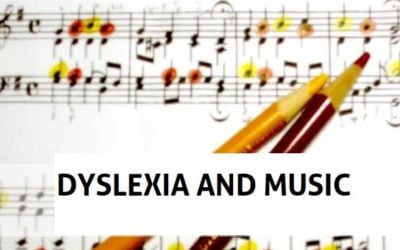
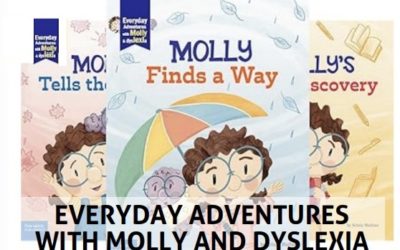
![The Gift of Seeing People and Events from Multiple Perspectives [Premium]](https://www.dyslexicadvantage.org/wp-content/uploads/2024/02/The-Gift-of-Seeing-People-and-Events-from-Multiple-Perspectives-da-400x250.jpg)
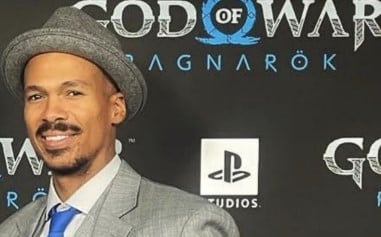

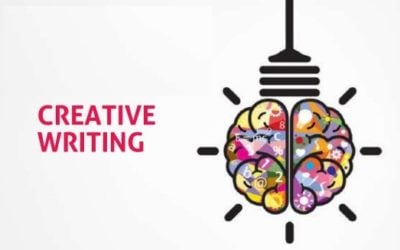
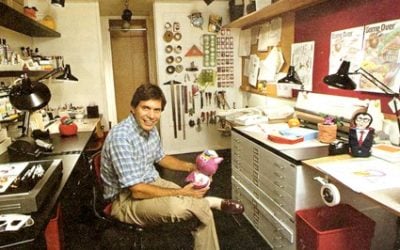
![Dyslexic Storytellers [Premium]](https://www.dyslexicadvantage.org/wp-content/uploads/2023/12/DYSLEXIC-STORYTELLERS-e1702709403878-305x250.jpg)
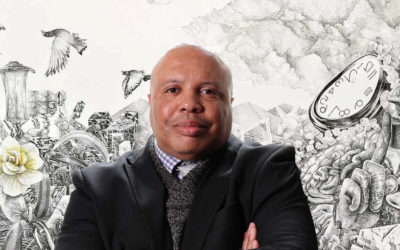
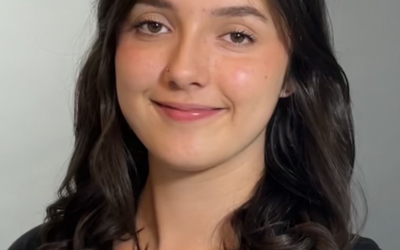
![Chief of Design at Nike: John Hoke [Premium]](https://www.dyslexicadvantage.org/wp-content/uploads/2023/07/Chief-of-Design-at-Nike-John-Hoke.png)













